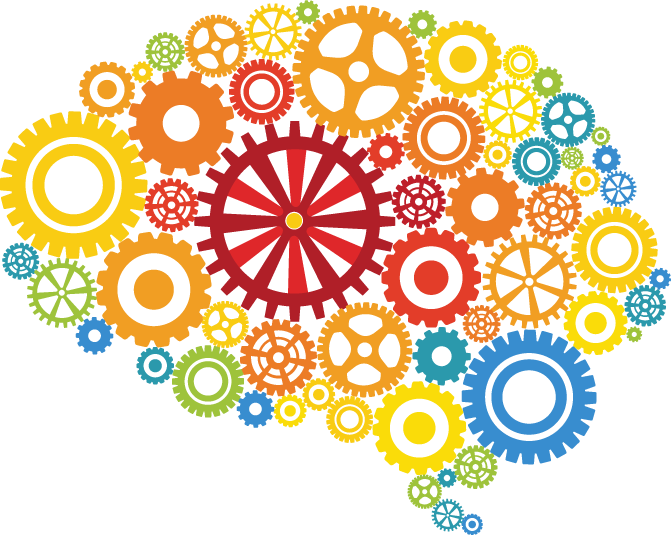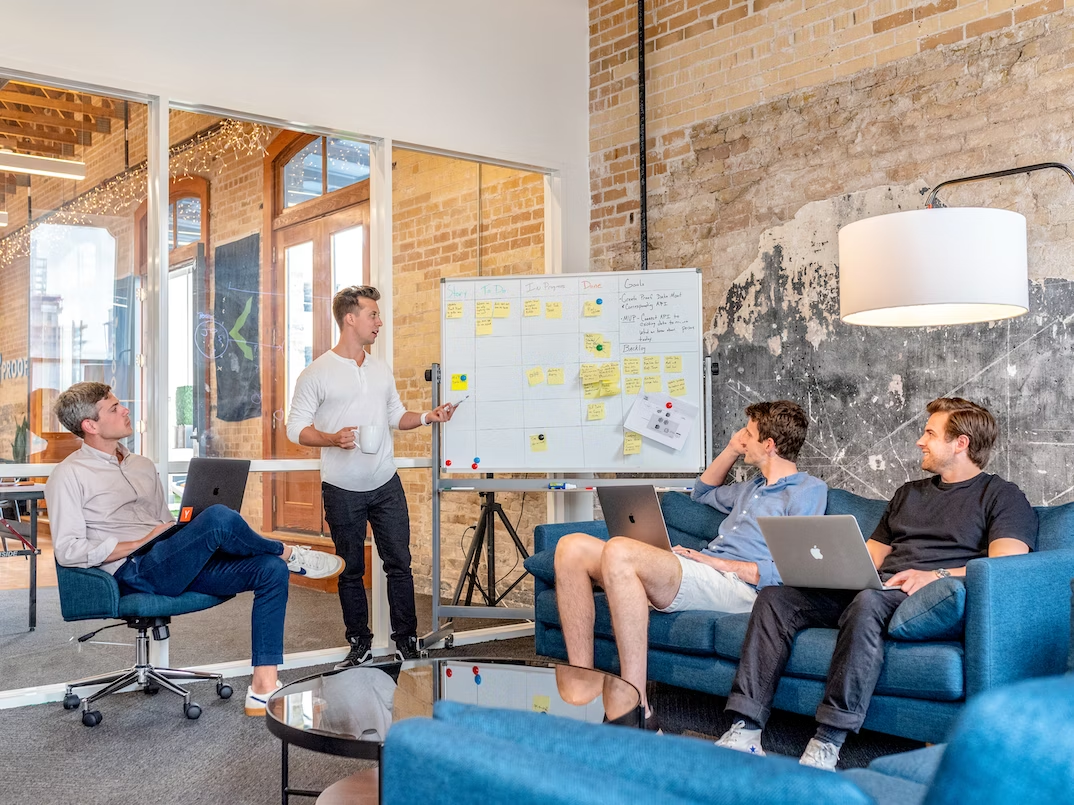Make no mistake – AI is revolutionary. What do I mean by that? The introduction of new, automated technology will eliminate certain employees’ roles and create new roles on a mass scale – it will redefine the workplace and employee experience. AI will undoubtedly have a tremendous impact on our lives, but we should not forget that AI is merely a tool. Considering AI as a tool, it is only effective if you know how to use it. For this article, we will focus on how AI can improve one major area of your business’ operations: Talent Management. Talent Management is a strategic function of HR that aims to optimize Recruitment, Learning and Development, and Performance Management. So, how will AI impact the HR processes surrounding Talent Management?
Recruitment strategy will be heavily transformed by AI and its potential benefits with candidate sourcing, resume screening, candidate assessment, bias mitigation, and personalization of the candidate experience.
- Candidate Sourcing - By analyzing job descriptions, skills requirements, and candidate profiles, AI algorithms can efficiently match job postings with potential candidates, expanding the talent pool and improving the quality of applicants.
- Resume Screening - With natural language processing and machine learning, AI algorithms can quickly scan and evaluate resumes, identifying relevant skills, experience, and qualifications.
- Candidate Assessment - AI can assess candidates' skills and match them to job requirements. Online assessments and AI-driven simulations can gauge candidates' abilities, problem-solving skills, and cultural fit. AI algorithms can then rank and shortlist candidates based on their performance, helping HR professionals identify the most suitable candidates for further evaluation.
- Bias Mitigation - By standardizing criteria and using objective algorithms, AI reduces the potential for bias in candidate evaluation and selection. This promotes diversity and inclusion by ensuring fair and equitable opportunities for all candidates, regardless of gender, ethnicity, or background.
- Personalized Candidate Experience - AI-powered chatbots and virtual assistants can provide personalized communication and support to candidates throughout the recruitment process by answering inquiries, providing updates, guiding candidates, and creating a positive and engaging experience.
Learning and Development initiatives will have AI-powered tools that offer personalized learning experiences, chatbots and virtual assistants, skills gap analysis and training recommendations, and predictive learning analytics.
- Personalized Learning Experience - By analyzing employee data, performance metrics, and learning preferences, AI algorithms can recommend relevant courses, resources, and learning paths.
- Chatbots and Virtual Assistants - AI-powered chatbots and virtual assistants can provide on-demand learning support and guidance. Employees can ask questions, access learning materials, and receive real-time feedback.
- Skills Gap Analysis and Training Recommendations - AI algorithms can analyze employee skills data, performance reviews, and industry trends to identify skills gaps within the workforce. Based on this analysis, AI can recommend targeted training programs and development opportunities to bridge those gaps.
- Predictive Learning Analytics - By understanding patterns and trends in employee learning behaviors and outcomes, AI can help HR professionals optimize L&D strategies, anticipate future learning needs, and make data-driven decisions about resource allocation and program effectiveness.
Performance Management processes will be reshaped by the use of AI-powered tools such as objective and data-driven assessments, real-time monitoring and feedback, goal alignment and performance tracking, recognition and reward, and succession planning.
- Objective and Data-Driven Assessments - By removing subjective biases, AI enables more objective and data-driven performance assessments.
- Real-Time Monitoring and Feedback - By analyzing data and patterns, AI algorithms can identify areas for improvement and provide immediate feedback.
- Goal Alignment and Performance Tracking - By automating the process, AI ensures that goals are well-defined, aligned with broader organizational objectives, and regularly tracked.
- Recognition and Rewards - By analyzing performance data and milestones, AI algorithms can identify exceptional contributions and recommend appropriate recognition and rewards.
- Succession Planning - By analyzing performance data, career trajectories, and leadership competencies, AI algorithms can identify high-potential employees.
It is safe to say that HR could look completely different in the near future. AI has the potential to automate processes, leverage large amounts of data, provide objectivity to assessments, and much more. AI will have major impact to Talent Management practices, namely with automations in Recruitment, Learning and Development, and Performance Management. With upcoming innovations in AI technology, organizations will have the capability to vastly improve its operations in many ways. This includes evaluating candidates more efficiently and evenly (and possibly replacing the need to have multiple internal recruiters), creating personalized development programs, and objectively managing the performance of its employees. This is the tip of the iceberg regarding the potentialities of AI technology in HR. So, will you be open to utilizing AI technology?
CONNOR BOLEWARE, SHRM-CP
HR Advisor, HR Services
Connor is an HR professional with a passion for creating solutions that benefit people as well as business. He brings to Crescent and empact hr a wealth of experience in the healthcare / hospital space, where he managed recruiting and vetting, onboarding, compensation, FMLA, discipline, reengineered and systematized a performance management program for a 200-person organization, the employee life cycle, HR systems, and more.
He is a learner; he focuses daily on broadening his experience and expertise so he can have greater impact on his clients. His interests range from reading, researching health and nutrition, learning more about nature and sustainability, cooking, exercise, and connecting with people.



